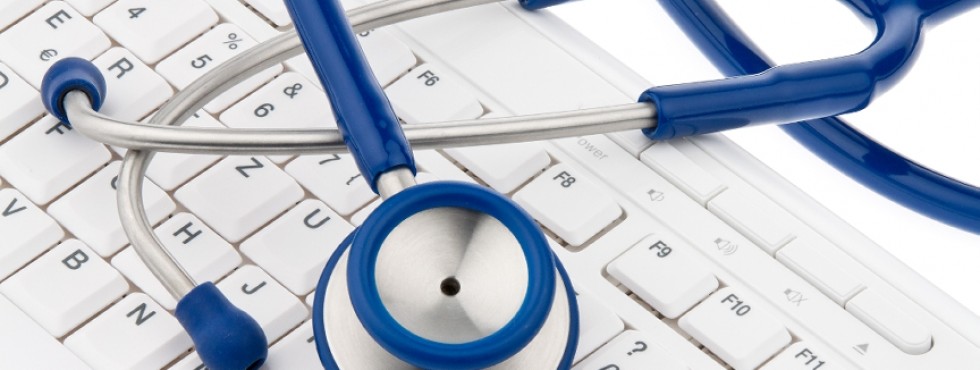**Title: Training Medical Billing: Everything You Need to Know**
**Meta Title: Comprehensive Guide to Training in Medical Billing | Key Skills and Tips**
**Meta Description: Looking to start a career in medical billing? Learn all about training, key skills, and practical tips in this comprehensive guide.**
—
**Introduction**
Are you considering a career in medical billing? With the healthcare industry constantly growing and evolving, there is a high demand for skilled professionals who can accurately process medical claims and ensure proper reimbursement. Training in medical billing can open up a world of opportunities for you in this fast-paced and rewarding field. In this guide, we will cover everything you need to know about training in medical billing, including key skills, benefits, and practical tips to kickstart your career.
—
**Key Skills Required for Training in Medical Billing**
Training in medical billing requires a unique set of skills to ensure success in the field. Some key skills include:
1. Understanding of Medical Terminology: Familiarity with medical terminology is essential for accurately coding and billing procedures.
2. Knowledge of Coding Systems: Proficiency in ICD-10, CPT, and HCPCS coding systems is necessary to properly assign codes to procedures and diagnoses.
3. Attention to Detail: Precision and accuracy are crucial in medical billing to avoid costly errors.
4. Communication Skills: Effective communication with healthcare providers, patients, and insurance companies is essential to resolve billing issues.
5. Technical Proficiency: Familiarity with billing software and electronic health records (EHR) systems is important for efficient processing of claims.
—
**Benefits of Training in Medical Billing**
Training in medical billing offers a range of benefits for individuals looking to enter the healthcare industry:
1. High Demand: The demand for skilled medical billing professionals is on the rise, providing ample job opportunities.
2. Competitive Salary: Medical billers can earn a competitive salary, with the potential for salary growth as they gain experience.
3. Flexibility: Many medical billing positions offer flexible work schedules, including remote work options.
4. Career Advancement: With certifications and additional training, medical billers can advance to roles such as coding specialists or healthcare administrators.
—
**Practical Tips for Training in Medical Billing**
If you are considering training in medical billing, here are some practical tips to help you succeed:
1. Enroll in a reputable training program: Look for accredited programs that provide hands-on experience and prepare you for industry certifications.
2. Gain practical experience: Consider internships or externships to gain real-world experience in medical billing.
3. Stay updated on industry trends: The healthcare industry is constantly changing, so stay informed about changes in billing regulations and coding guidelines.
4. Network with professionals: Build relationships with other medical billers, healthcare providers, and industry organizations to expand your opportunities in the field.
—
**Conclusion**
Training in medical billing can be a rewarding career choice for individuals with a passion for healthcare and attention to detail. By acquiring the necessary skills, staying updated on industry trends, and networking with professionals, you can set yourself up for success in this dynamic field. Whether you are just starting your training or looking to advance your career, the opportunities in medical billing are endless. Take the first step towards a fulfilling career in medical billing today!
—



